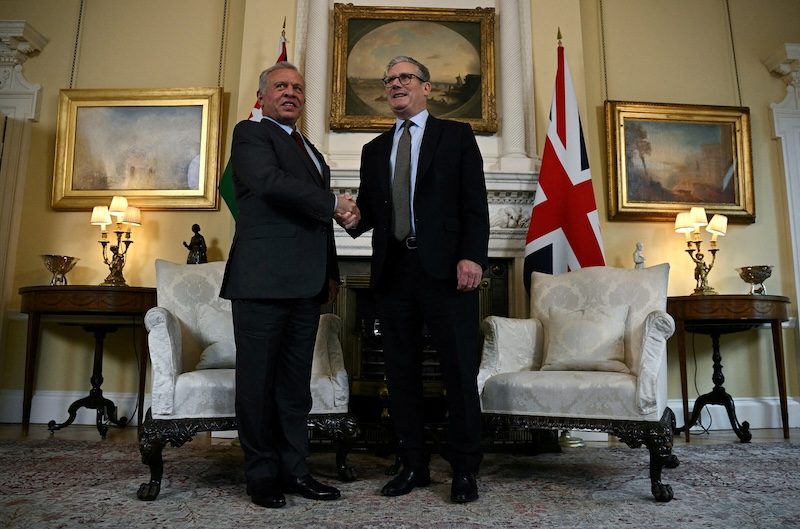Jordan will receive $834 million from the International Monetary Fund to support its economic reform agenda and back growth.
The IMF completed its third review of the arrangement under the extended fund facility, giving the country immediate access to $134 million and $700 million as part of the resilience and sustainability facility for climate-related reforms.
In April the IMF released $130 million as part of a $1.2 billion facility, which was approved in January 2024.
“Jordan continues to maintain macroeconomic stability despite external headwinds from regional conflicts and heightened global economic uncertainty,” Kenji Okamura, deputy managing director and acting chair of the IMF, said in a statement.
Growth in 2024 and so far in 2025 has been stronger than anticipated, inflation is low, and reserve buffers are strong, he said.
Economic activity is expected to gradually strengthen in the coming years, supported by continued sound macroeconomic policies and accelerated reform implementation, Okamura said.
The reforms under the resilience and sustainability facility aim to support the country’s efforts to address long-term vulnerabilities in the water and energy sectors, as well as to enhance its preparedness for public health emergencies, including pandemics.
These reforms will strengthen Jordan’s balance of payments stability by promoting economic resilience and augmenting financial buffers to mitigate risks arising from these challenges, Okamura said.
The IMF said that Jordan’s external position remains stable, with the current account deficit projected to stay close to 6 percent of gross domestic product.
The central bank’s gross international reserves increased to over $20 billion by the end of 2024, with reserve adequacy exceeding 100 percent, the statement said.
Latest headlines from the Middle East conflict
For more news and analysis, go to our Iran-Israel page



